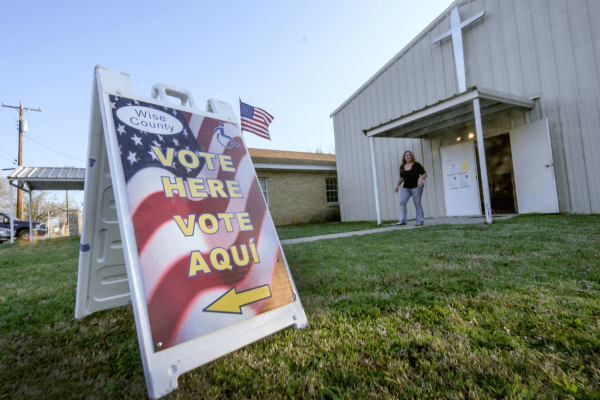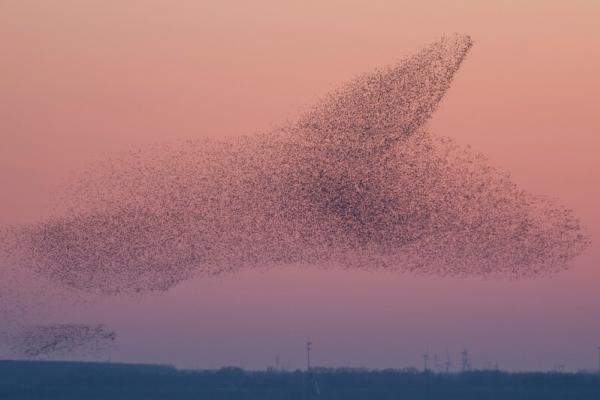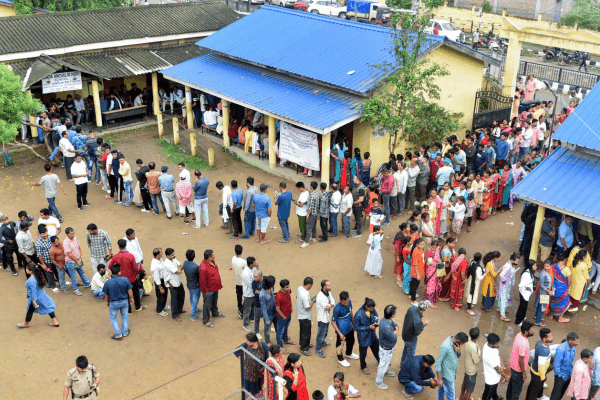After the South Carolina Gamecocks women’s basketball team won the NCAAW championship on April 7, 2024, the team’s deeply emotional head coach Dawn Staley attributed the historic win to God: “We serve an unbelievable God — we serve an unbelievable God.” Staley continued, “Uncommon favor, unbelievable.”
What does “uncommon favor” mean exactly? Typically, that phrase has been used in church spaces to denote an unexpected blessing. In Staley’s case, we find her crediting God for blessing her and the Gamecocks with a national championship.
Is this uncommon favor?
In ABC’s workplace comedy Abbott Elementary, Barbara Howard (Sheryl Lee Ralph) provides one example of what it looks like for Black Christian women to live out their faith in their everyday lives.
Last week, the University of Michigan announced that it would begin selling alcohol at its football games.
For decades, alcohol sales had been largely limited at college football events, but in 2019 the Southeastern Conference began allowing its schools to sell alcohol at games. Now, more than 80 percent of the top football schools sell alcohol on game day.
In the U.S. church, opinions on alcohol seem more polarized than politics. On the one hand, many conservative and fundamentalist faith traditions treat all alcohol consumption as a sin, some going so far as to suggest that Jesus turned water into nonalcoholic wine. On the other, progressive and moderate faith traditions incorporate alcohol into church with events like beer-and-hymns, theology-on-tap, and “pub churches.”
The “how” of politics — engaging in ways that uplift civility, truthfulness, empathy, and integrity — still matters, particularly in a time in which our democratic norms and systems are being challenged. From a Christian standpoint, how we engage in politics should be rooted in the fruit of spirit, which in his letter to the Galatian church, the Apostle Paul describes as “love, joy, peace, forbearance, kindness, goodness, faithfulness, gentleness, and self-control” (Galatians 5:22-23). Obviously, these virtues are not the norm in our body politic. And while it’s easy to blame politicians, we must first remove the speck from our own eyes.
Nestled in the heart of the flat, fertile lands of southeastern Wisconsin, Whitewater is a small city of around 15,000 with a college-town feel. When Samuel Schulz, a Wisconsin Synod Lutheran pastor, moved there after graduating from seminary last year, one of the first things he noticed was a large presence of Spanish speakers around town.
In comic-book writer Tom King’s run on Wonder Woman, Diana has been fighting a battle not just of fists but of ideologies.
Ofer Cassif, whose grandparents came to Israel from Poland in 1934 as part of the Zionist movement, is a secular Israeli Marxist and a leading voice against the war in Gaza. During the first Palestinian Intifada in 1987, Cassif refused Israeli military service in the Occupied Territories and was incarcerated in military prison. In 2019, he was elected to Israel’s parliament as the only Jewish member of the Arab-majority Hadash-Ta’al party. In January, Cassif publicly supported South Africa’s petition to the International Court of Justice (ICJ) to investigate Israel for violation of the 1948 Genocide Convention in its war on Gaza. In February, some parliament members tried — unsuccessfully — to impeach him.
Like any Black man, I’ve had no choice but to learn how to navigate racism. But as a man, I’ve had to intentionally educate myself and correct my own sexist behavior.
Men often fear critiques of patriarchy, but I want to keep learning about feminism, which I understand to be the fight for women’s right to self-determination. I was taught to believe that a woman’s central purpose is to serve men’s needs — a message that came from both religious and secular sources. But I am learning that I can challenge that message.
With a feminist framework, I can see that my socialization into gender roles started early. My parents, mass media, the education system, and the church were all part of training me — sometimes overtly and sometime subtly — to believe that because I was male, I was superior to women.
“The Lord is my shepherd: I shall not want.”
Over the phone, Ran Limbu quotes the words of Psalm 23. He is the pastor of Christ Believer Nepali Church, a Bhutanese refugee church on the west side of Madison, Wis. This passage has come alive for him over the past decade while living in the United States of America. This verse has encouraged him to trust that God is his home even in his displacement.
By the end of this year, more than 50 countries — representing half of humanity — will have held national elections. Thinking about this statistic as an American helps put my own anxieties about the U.S. presidential elections in greater perspective. As Americans, we can easily be insular and self-centered, thinking that our nation’s political situation is exceptional and that we don’t need to be aware of what is happening in other countries. At the same time, we can also be unaware of the ripple effect that our own elections have on the rest of the world.









